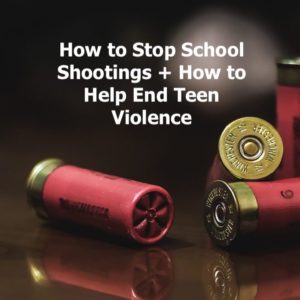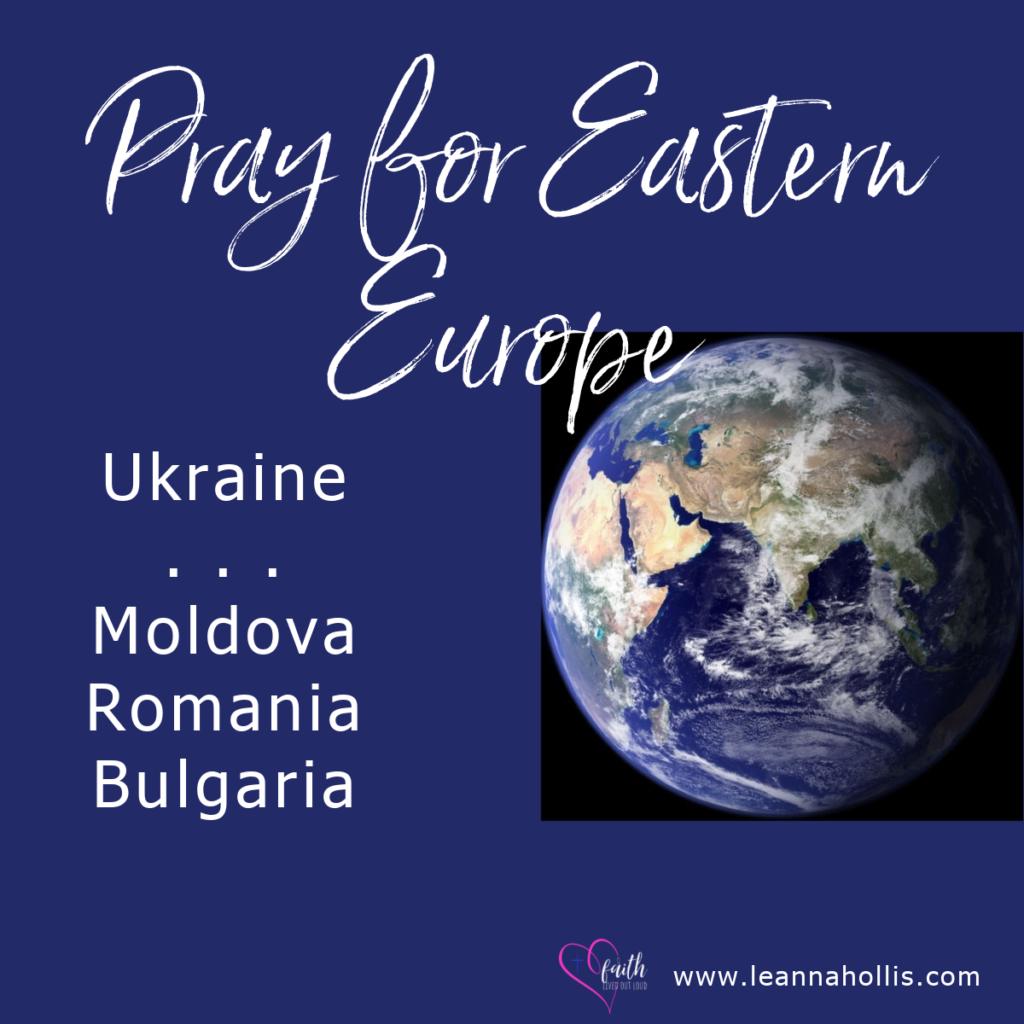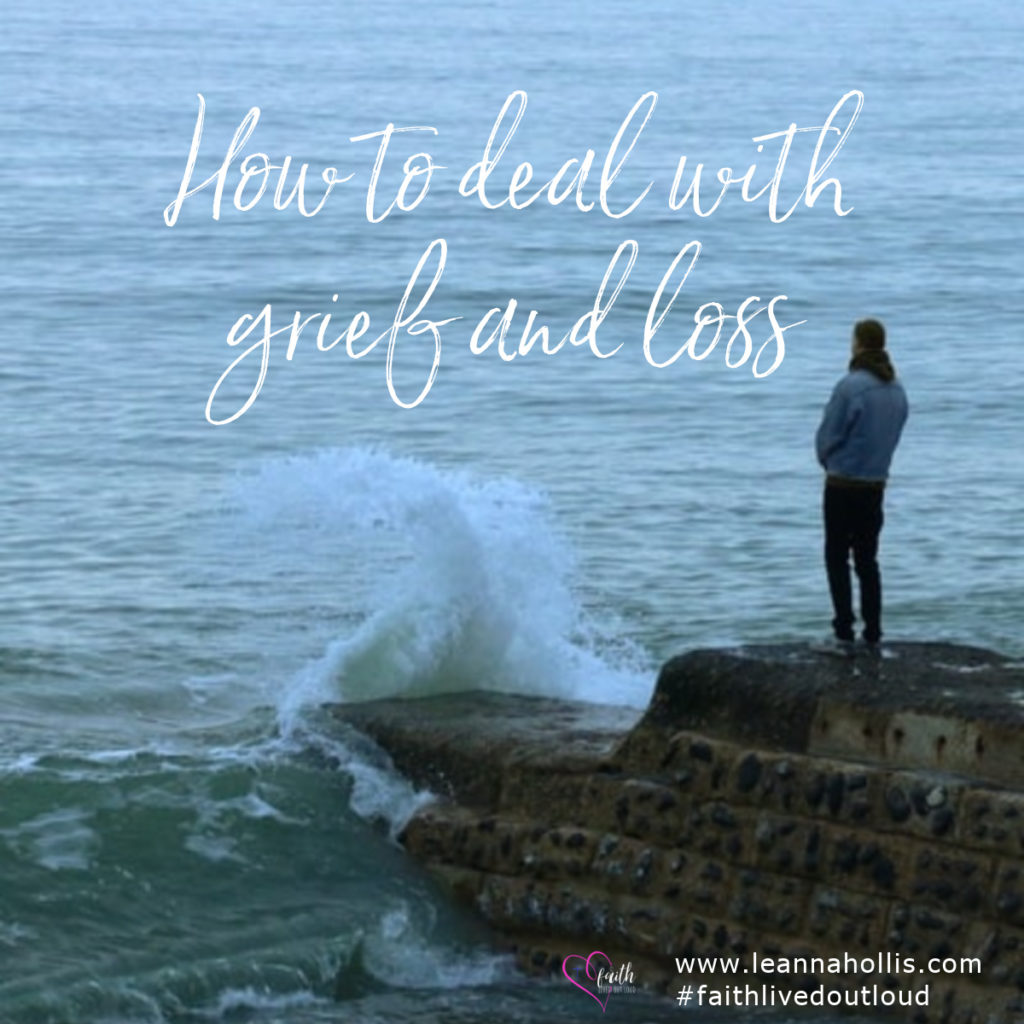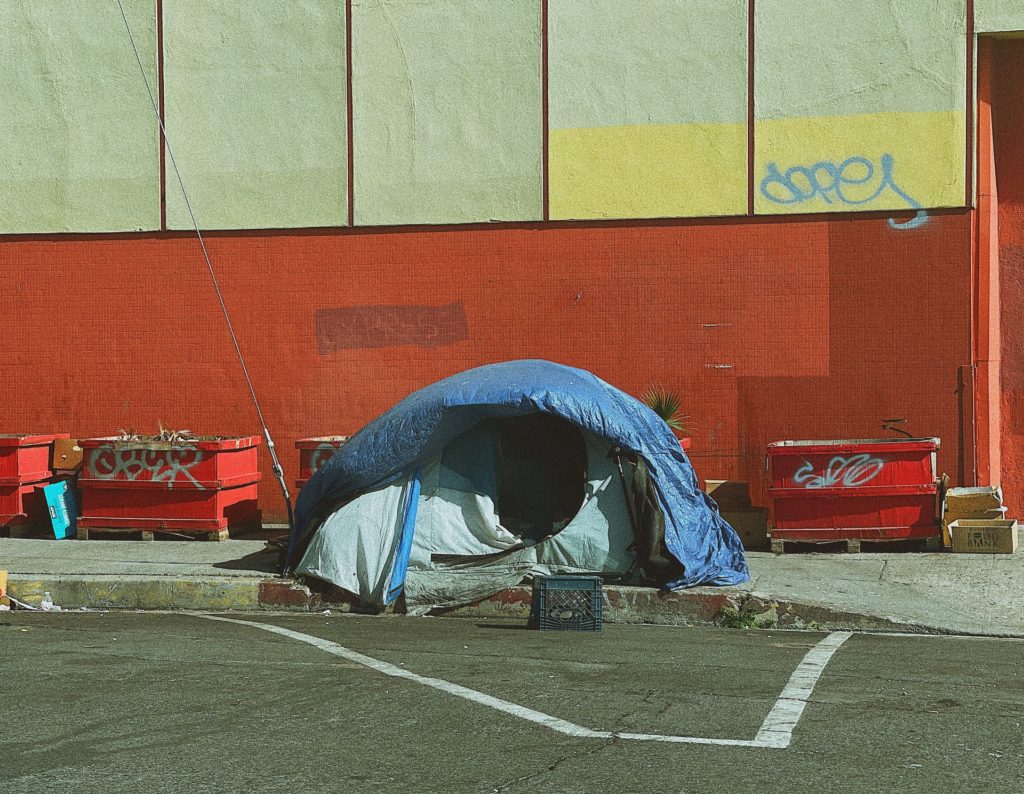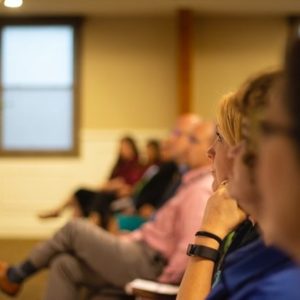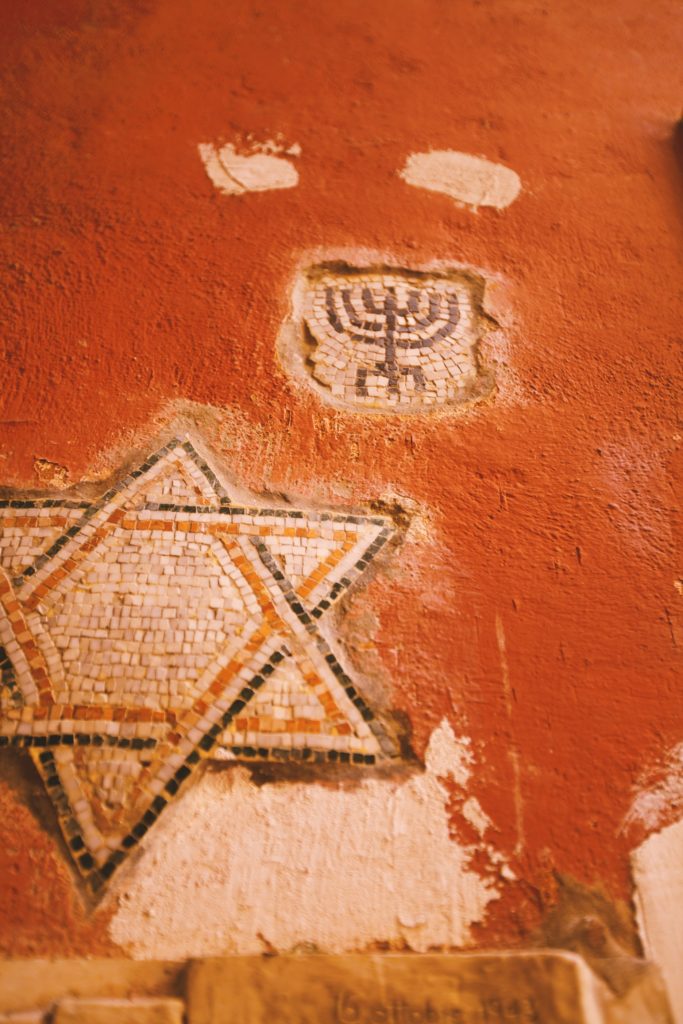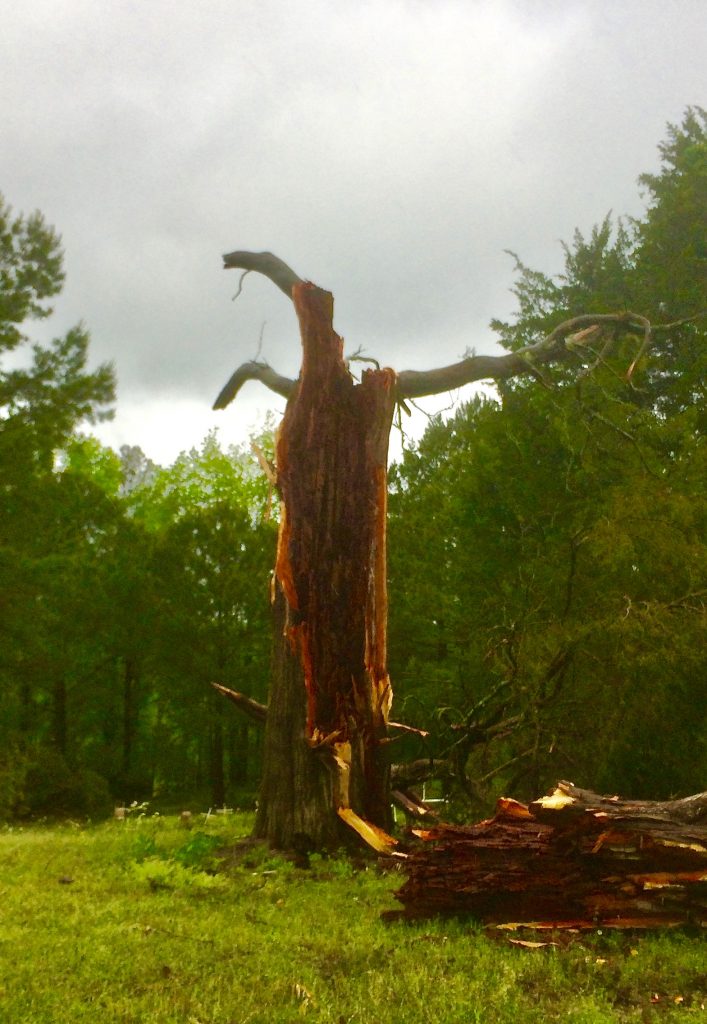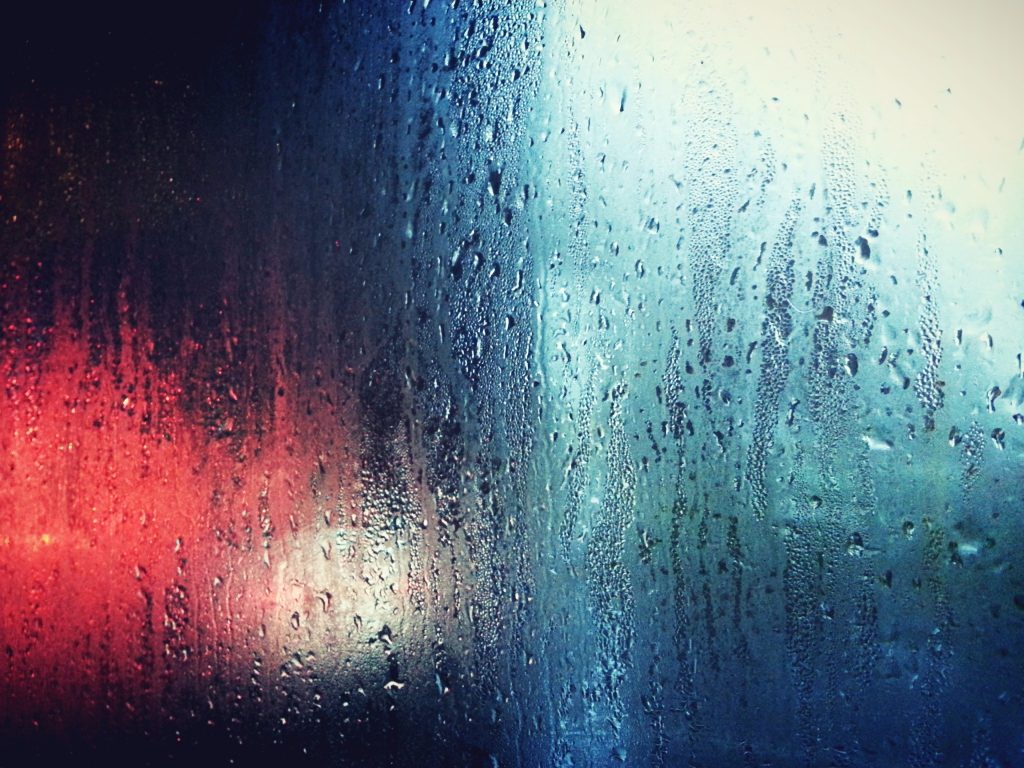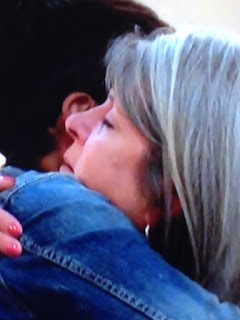How to Stop School Shootings + How to Help End Teen Violence
Another school shooting this week left many of us asking the same questions: how to stop school shootings and how to help end teen violence. I, too, am sickened by the wanton destruction and meaningless loss of life as a result of the school shooting in Uvalde, Texas, just as I’ve been sickened and heartbroken about teen violence in my own city. Author’s Note: Four years ago, another school shooting rocked our nation. The original version of this post reflected my outrage. Instead of anger, this time I’ve taken a long moment to settle my heart and reflect on the myriad of influences that lead to acts of violence. The original post has been completely rewritten to reflect a more contemplative approach based on the knowledge gained through years of direct work with troubled teens and those who work with them. This article is written for the body of Christ from a Judeo-Christian perspective. You may wonder if the changes discussed in this article are fail-safe actions to stop school shootings or end teen violence. The answer, unfortunately, is no. These recommendations are core-belief actions for disciples of Jesus. Can they make a difference? Yes. Can they help end teen violence or stop school shootings? Yes. If even one death is averted, if even one violent act is avoided, the changes recommended here will be worth it. How to Stop School Shootings: Consider Hurts and Scars Let’s begin by considering children living in impoverished, difficult family situations. They aren’t blind to the lifestyles of those who have more financial resources and they want what others have, including a peaceful home, love, and sufficient healthy food. For a child whose family doesn’t live by the Judeo-Christian ethic (or for the child who chooses not to), it’s not a far stretch to think they should have the same things other children have and, if they can’t, they should be able to take what they want. In addition, poverty can lead to difficult or abusive situations which often seem as if they will never end. Physical and emotional abuse leaves scars that last for years. Words hurt, just as punches and rape hurt. They can take root in the minds of the recipients and linger for decades. Bullying can come from adults or children and it always wounds. Children learn from the examples of the people around them, including the examples of abuse or other poor lifestyle choices. These seemingly never-ending challenges can breed anger and lead to violence. The addition of adolescent hormonal surges can be, and sometimes is, a recipe for disaster. Children who don’t know the basics of the Judeo-Christian ethic or the unending, unconditional love of God, lack the filter of this basic God-centric moral code. If you’ve never heard “thou shalt not murder,” you don’t know God’s view on murder. If you’ve never been taught, “love your enemies,” hate and retaliation seem like reasonable responses. According to Scripture, our actions reflect the condition of our hearts. For wounded children and teenagers, angry, wounded hearts lead to angry, wounding actions. It’s that simple and it’s also that hard. The Influence of Affluence “Above all else, guard your heart, for everything you do flows from it.” Proverbs 4:23 niv We need to look no further than social media to see a shocking picture of the heart of the church and affluent America. Our lifestyles may not seem extravagant by American standards, but they do to someone living in the poorest areas of our world and often to those living in poverty in our own nation. We want what we want and we expect to have it, even if it means we have to work long, hard hours or stretching our budgets near the breaking point to get whatever is the next great thing. Most of what we want is not inherently evil but our propensity toward extravagance and entitlement does say something about our priorities and our hearts and may lead others to choose the same. Please don’t misunderstand me. The affluence of others does not cause school shootings and an end to affluence is not the way to end school shootings. Instead, poverty and difficult, abusive situations can be contributing factors to violence in frustrated, hurting adolescents. We do not suggest an end to affluence or to the enjoyment of resources but an awareness of the needs of those experiencing great trials in life and how difficult the contrast between rich and poor can be, especially for the one trapped in poverty who sees no way out. Those who enjoy affluence have a God-given responsibility to care about and help those who do not. How to Help End Teen Violence: The Crown Conundrum and Our Servant Savior As people of God and children of the King of Kings, it’s easy to embrace the idea of ourselves as princes and princesses, but the only crown Jesus, Prince of Heaven, wore here on earth was a crown of thorns. (John 19:2) The garment he donned was that of a servant. (John 13:3-5) As children of the King, can we expect to do differently? Jesus waded into the darkest situations and gave light and life to the most hopeless. His light shined in the darkness, and the darkness DID NOT overcome it, and it still doesn’t. (John 1:4-5) He set the example for us all. How can those living in darkness embrace the light if they never see it? Never experience it? As disciples of Christ, we are the designated light-bearers and we must take the light of Christ to those living in darkness, even when they’re outside our comfort zone. (Matthew 5:14-16) How can we help end teen violence? Share the light and love of Christ with hurting teens and their families. How to Stop School Shootings: Change Begins in the Heart If our heart condition determines our actions, and it does, only heart change can bring about different actions. We cannot expect people who don’t know Jesus personally to
How to Stop School Shootings + How to Help End Teen Violence Read More »

